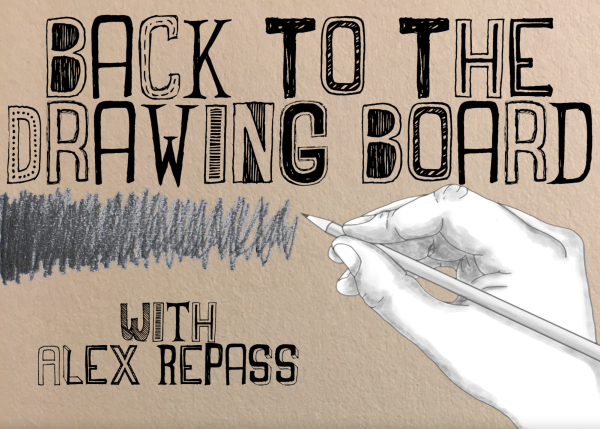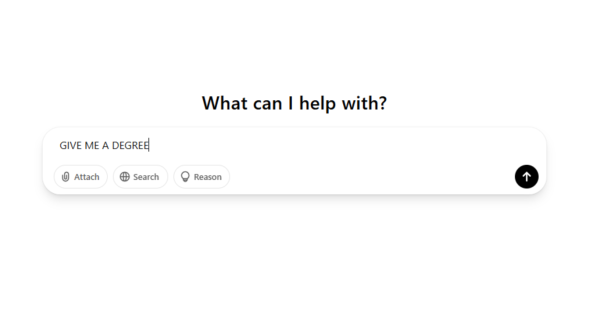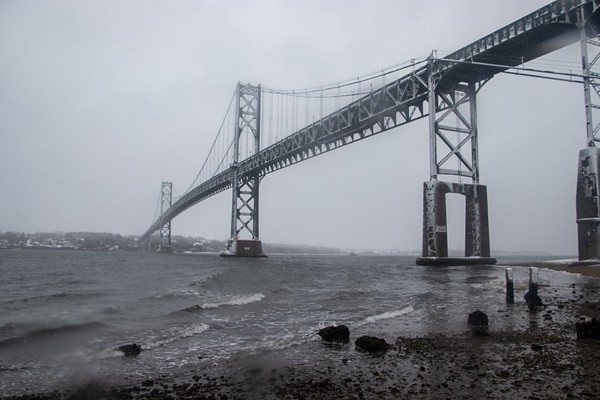Political Head-To-Head: Should marijuana be legalized?
In this column, the College Democrats and College Republicans of RWU go head-to-head on a topic, chosen by the club members themselves.
College Democrats: Jack Creonte
The federal illegalization of marijuana is a systematic tactic the American government has used to imprison Black and brown people. The cannabis “controversy” began when it became a
part of minority culture in the south. Cannabis became popular within the Black community of
New Orleans and made a huge impact on southern culture, and there was no issue until Harry
Anslinger became The United States Commissioner of Narcotics and Treasury Department in
1930. Anslinger misled the nation into believing this new mysterious plant was a lethal,
scheduled one drug. Without any prior research or knowledge, he would push his racist agenda
through propaganda. He even shifted the name of “cannabis” to “marih[j]uana” so that it would have a Mexican connotation when people would hear it. One year after marijuana became illegal, people of color made up 78% of all marijuana arrests in New York alone. Ronald Reagan took the war on Cannabis to the next level when he went on national television to claim that “marijuana is the most dangerous drug.”
As of 2017, America has the highest incarceration rate in the world (2,205,300 people) and there were 1,632,921 people imprisoned for low drug violations; and 70% of the low drug offenses were marijuana-related. 80% of people that are incarcerated due to drugs in federal prisons and 60% of people in state prisons due to drugs, are Black and Latino. Cannabis legalization popularity went from 12% in 1969 to 65% in 2018. Where cannabis is legal, business is booming. This year, the cannabis industry has 321,000 employees. In 2018, the states that legalized were earning an average of 1.4 billion in tax revenue. Legal marijuana is a seven billion dollar industry and is projected to grow to 57 billion dollars by 2027, but in the same year, in the states that are still prohibited, there were over 600,000 arrests for the same offense
The industry is still predominantly white, as Black people own less than 1% of the dispensaries in the United States. America needs to federally legalize marijuana and expunge the records of non-violent marijuana cases. We also need to establish a system where targeted demographics can profit and capitalize on the cannabis industry. We need to create an environment that accepts marijuana as a natural, helpful, and harmless drug. The plant has been scientifically proven to be safe and helpful. I am not saying go buy an ounce; I am saying to appreciate marijuana and its culture and to recognize the years of oppression it has brought to millions of people. America will eventually realize its benefits, but until then, we need to continue to fight for the basic human rights of all people, all cultures, all ethnicities and stop demonizing them.
College Republicans: Eben Kiesow
There are many reasons to criminalize drugs. Drug use is bad for society because it poses health risks such as overdose, organ damage and significant impairment to brain function, which can result in the user hurting themself or others. The sale of drugs is also bad for society because competing dealers are forced to use violence to protect their interests, as they cannot turn to the police for help. Additionally, drug use has significant externalities: large swaths of the population are removed from society – either through death or imprisonment – which causes emotional distress, tears apart families, reduces the workforce and lowers our voting population. These risks are not applicable reasons for marijuana to be illegal.
Marijuana is not a dangerous drug. Although users may become drowsy, numb, and have diminished reaction time, there is no risk of overdose or organ failure. Driving while high is the only serious risk to public health that marijuana poses, as users may become distracted, fail to react to other drivers, or fall asleep at the wheel. States that have legalized marijuana are able to diminish these risks by making it illegal to drive while under the influence of marijuana. The legislation actually provides states with a reason to focus on maintaining public safety, rather than arresting non-violent offenders who pose no risk to others. Allowing for the legal sale of marijuana lessens the risk of violence between dealers because it eliminates people’s reluctance to contact the police for help.
While the medical benefits of marijuana need further study, its effectiveness for pain relief is well established. In fact, easy access to medical marijuana could reduce the number of opioid prescriptions for chronic pain, which is a significant source of addiction for many Americans. Over the counter opioids are highly addictive, lethal in large quantities, and serve as a gateway drug to more dangerous opiates such as heroin. Marijuana could be substituted for opioid analgesics without producing any of these negative effects.
The economic benefit of legalizing marijuana is vast. Once legalized, more companies will be able to grow and sell marijuana, as well as manufacture products such as edibles and vaporizers. Credit card processors, banks and delivery services will also be able to work with these new businesses which will increase their revenue substantially. All of this increased business will create jobs and tax revenue that is currently lost to the black market.
Marijuana laws have incarcerated many Americans but have disproportionately affected African Americans to a significant degree. Legalizing marijuana is an excellent opportunity for us to rectify this wrongdoing. If all charges against those with marijuana offenses are dropped, the astoundingly high African American unemployment rate will reduce substantially as the formerly incarcerated join the workforce. Because marijuana crimes are felonies, freeing the incarcerated population of marijuana offenders would also increase the voting population in the United States, and give a larger boost to minorities, who are often underrepresented in public office. Also, carefully designed zoning laws could allow for more minority-owned marijuana businesses, and create new jobs in neighborhoods that were pushed away from quality housing and economic opportunity in the past. If this alone is not enough to rectify the racist way that marijuana has historically been controlled by the government, charities and state governments could subsidize minority-owned marijuana businesses to offset the economic hardship that generations of disproportionate arrest rates have caused.
The dangers of marijuana are extremely low, and the economic and social benefit of legalization is enormous. The opportunities that would be created by the marijuana industry far outweigh the costs and could provide our country with an opportunity to rectify the harm we have done to so many of our own citizens. Marijuana should be legalized federally and all marijuana charges should be expunged: it is irresponsible to delay any longer.






Jenna • Nov 19, 2021 at 1:26 am
I’m definitely with marijuana and letting it be okay for everyone. Because I think it’s one of the best things ever. It has side effects yes but what doesn’t?? Everything has side effects. But like it’s definitely not something that’s going to cause danger. I mean like what stoner has been willing to get up and murder someone?? None because we are to happy. Now it’s not for everyone and everyone deserves to share an opinion. But ya, that’s mine opinion.